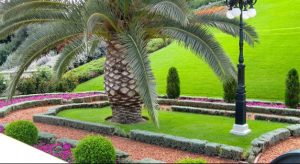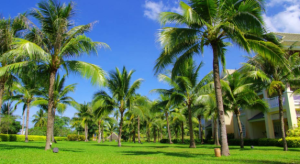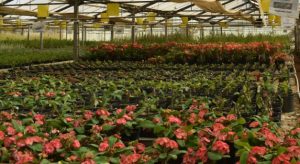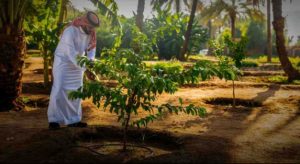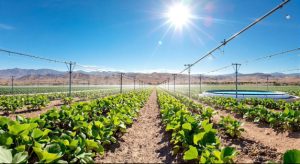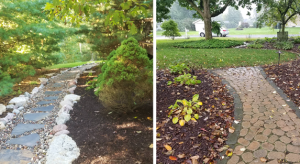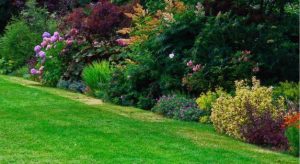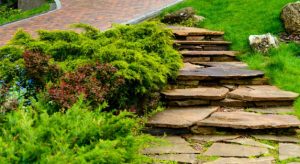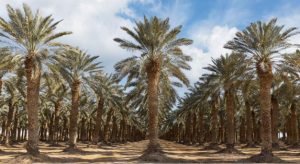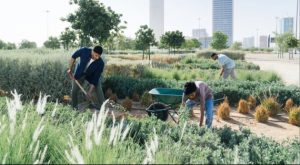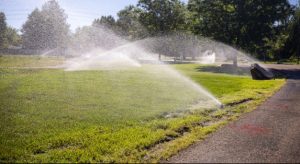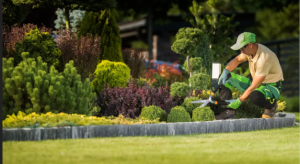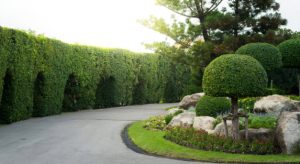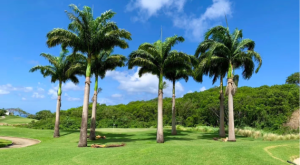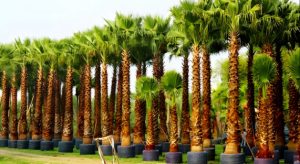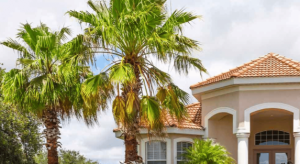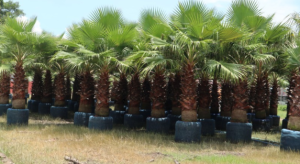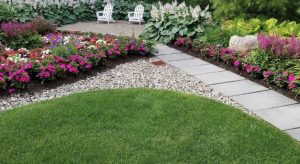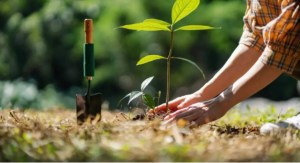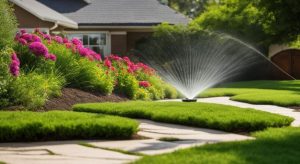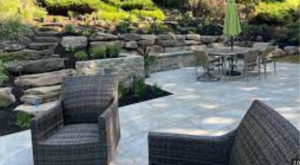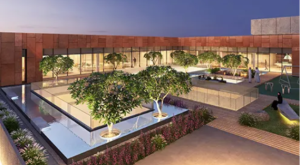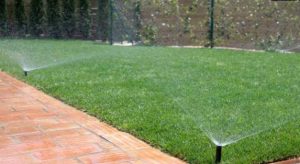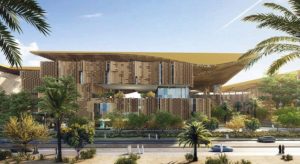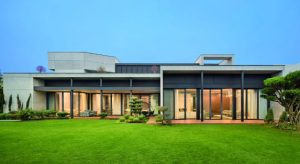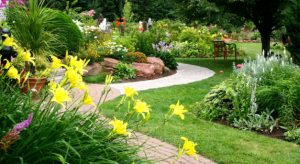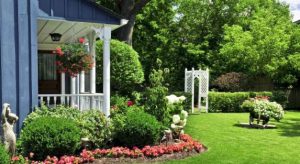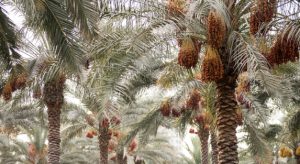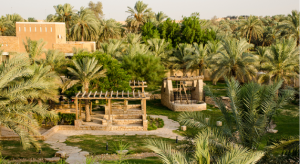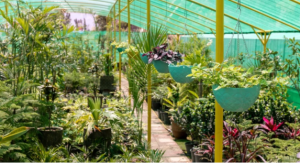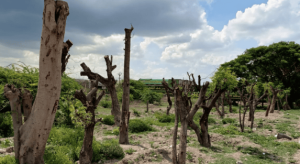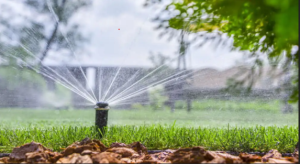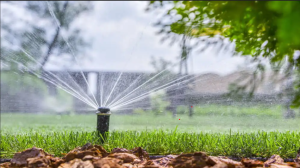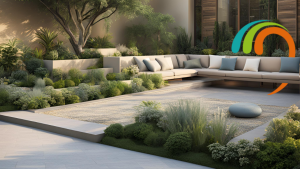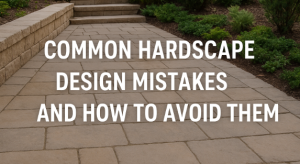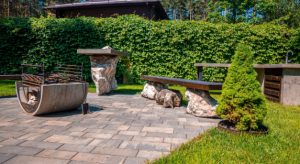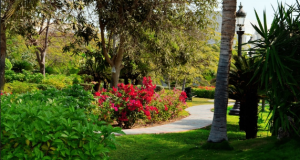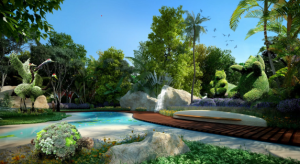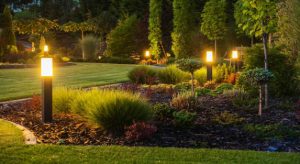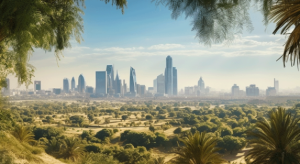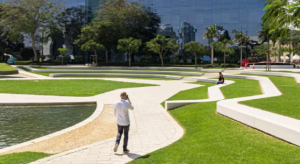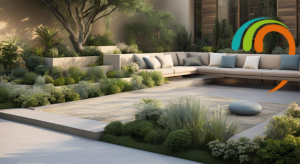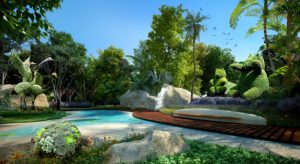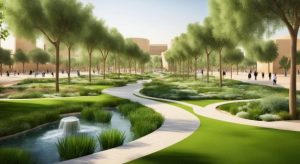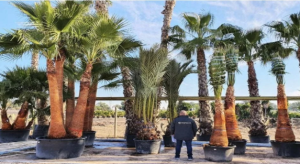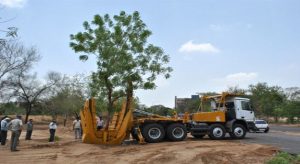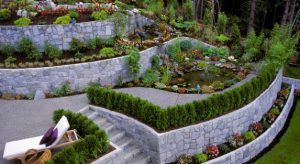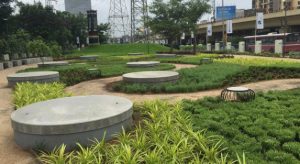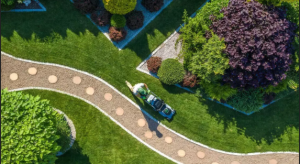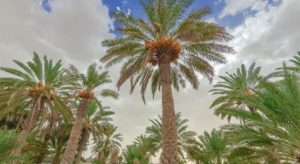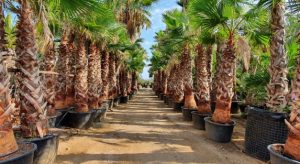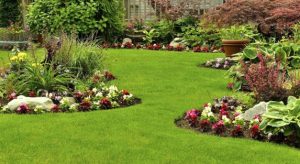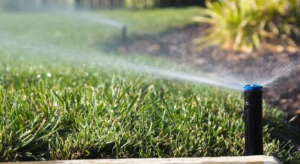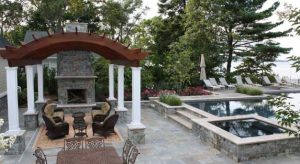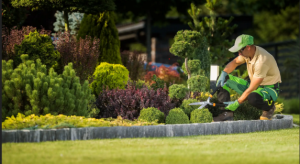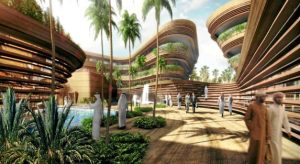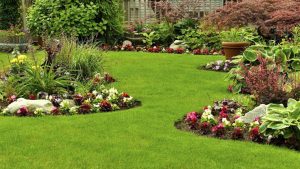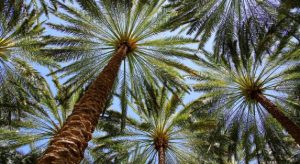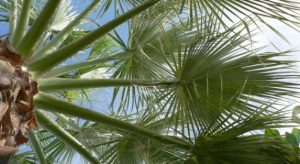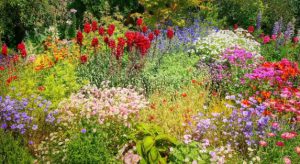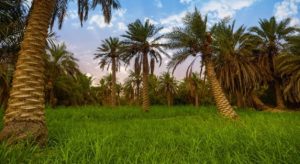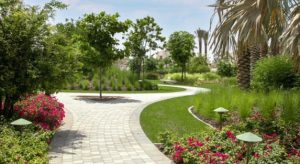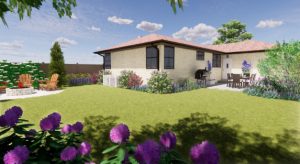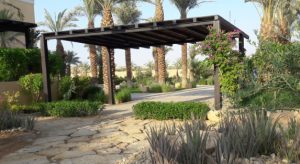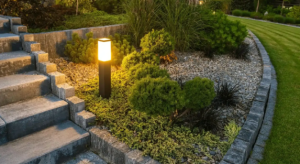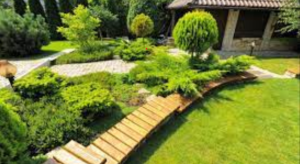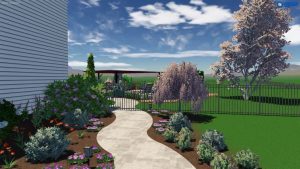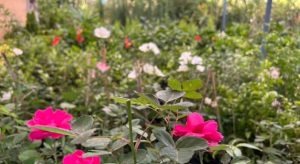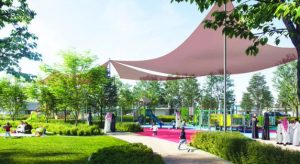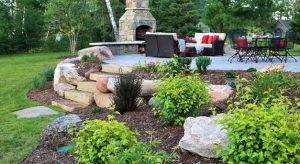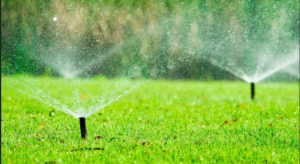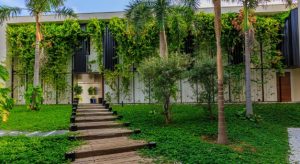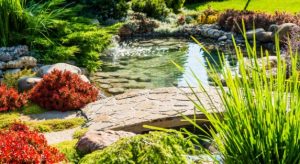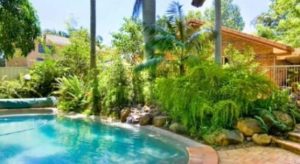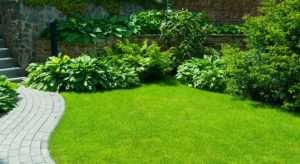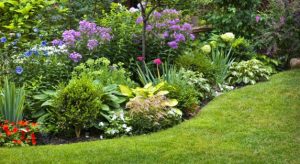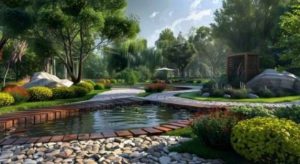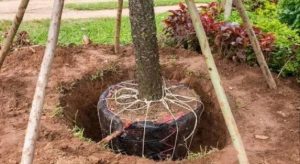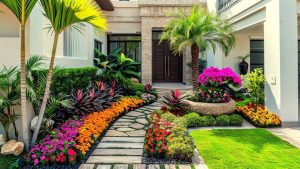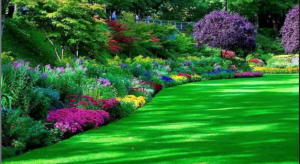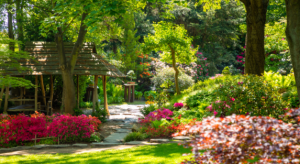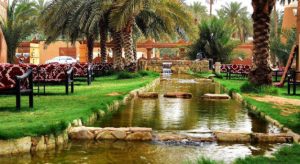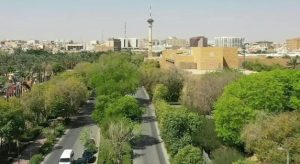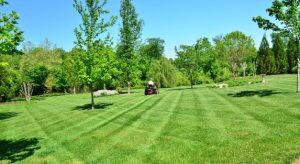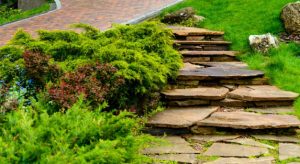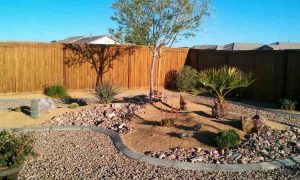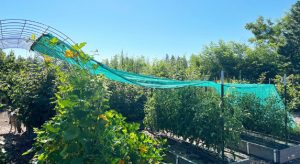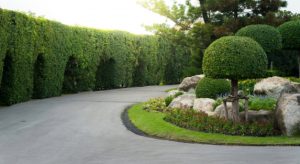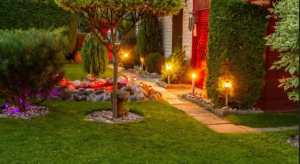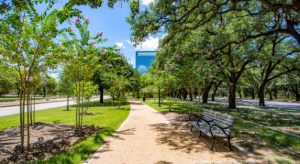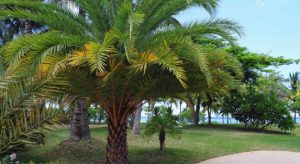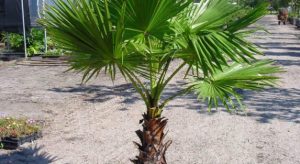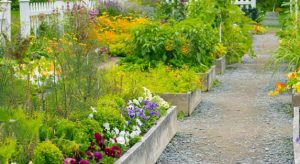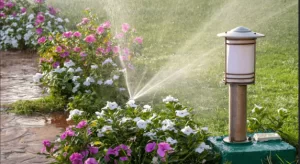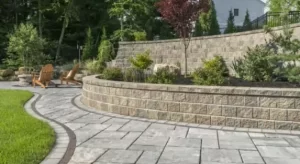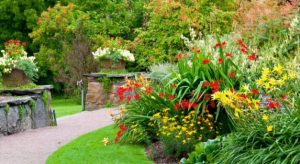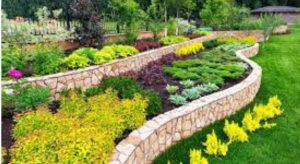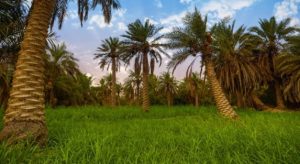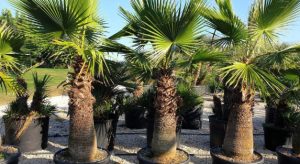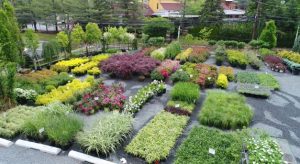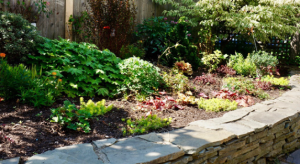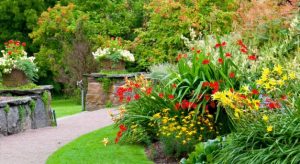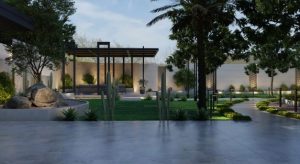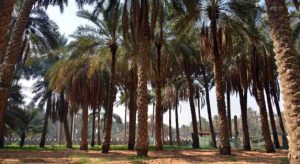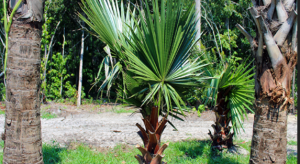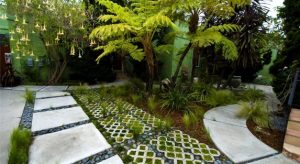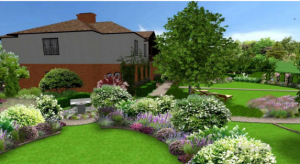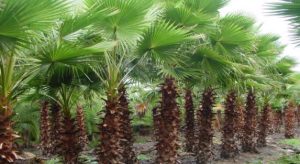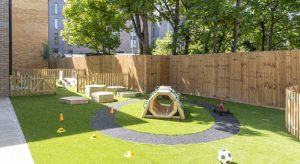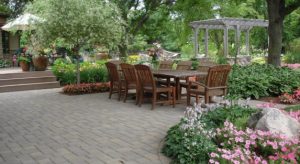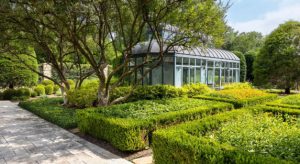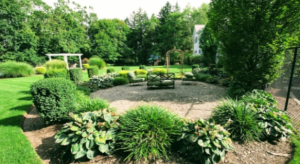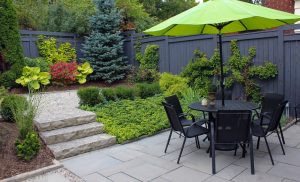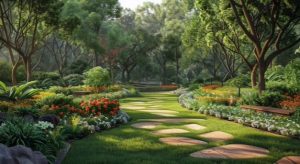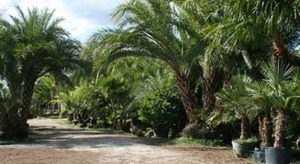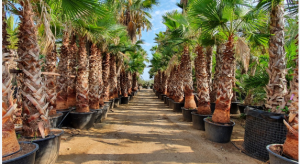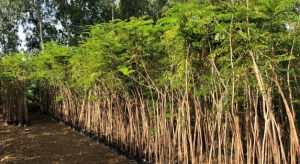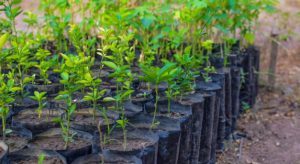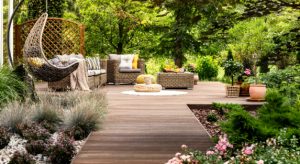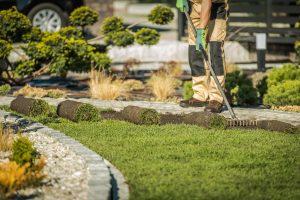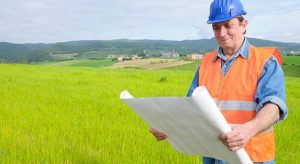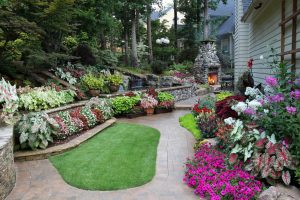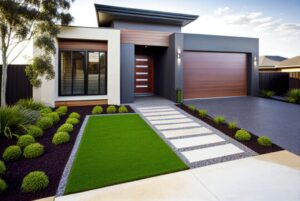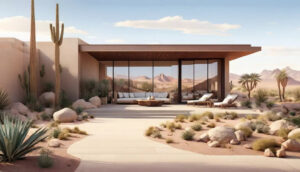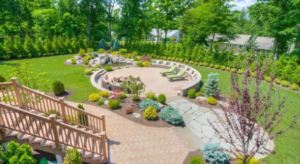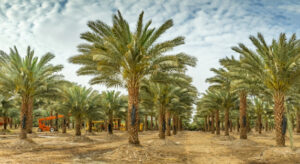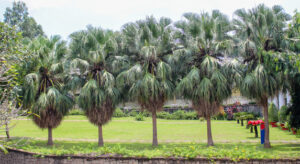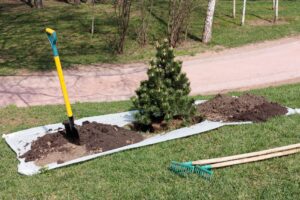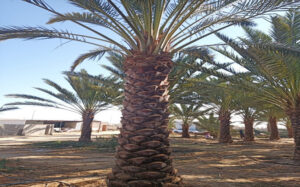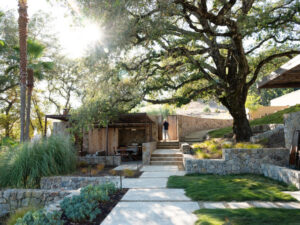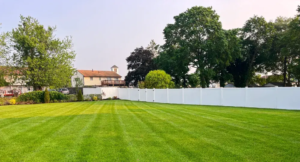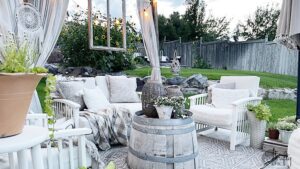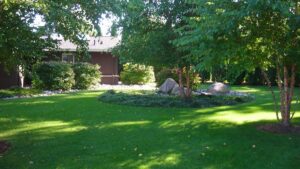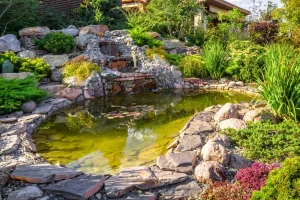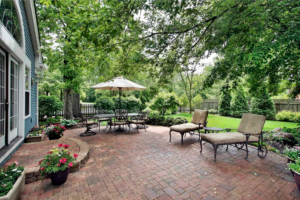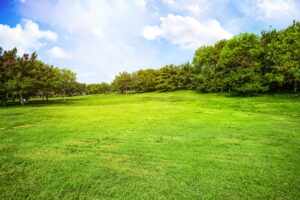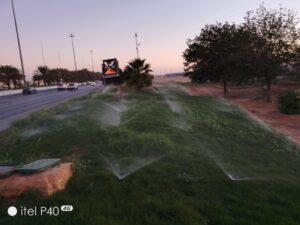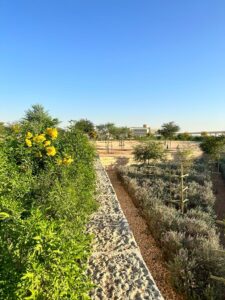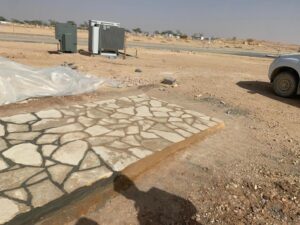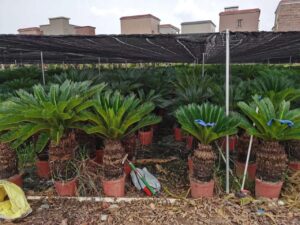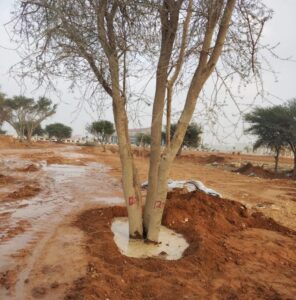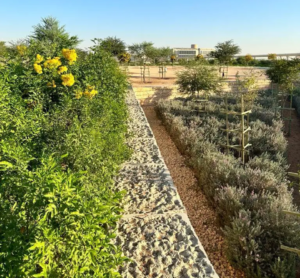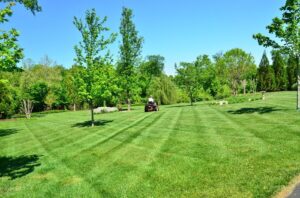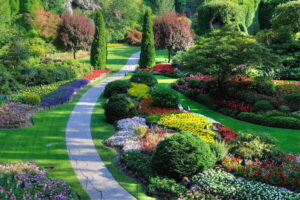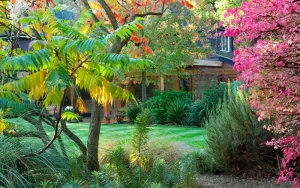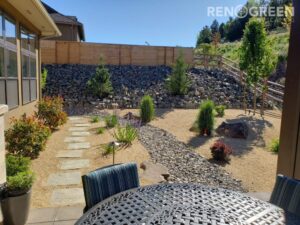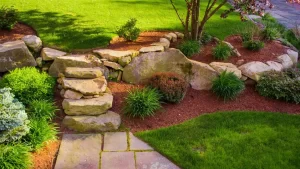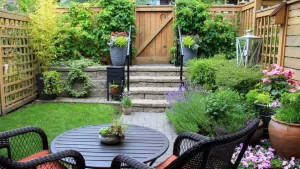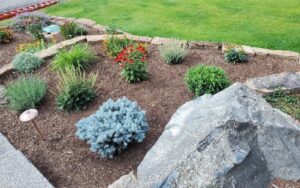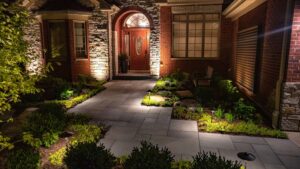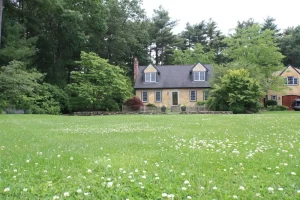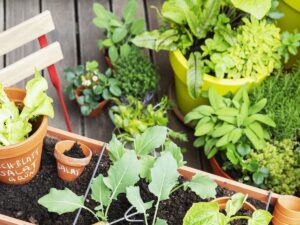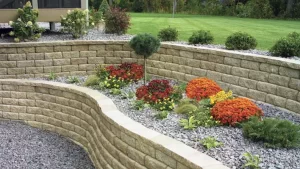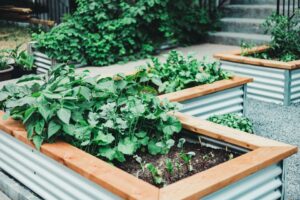How Landscaping Improves Tourism and Hospitality Spaces in Saudi Arabia
1 September, 2025
Introduction: The Rising Role of Landscaping in Saudi Arabia’s Tourism
Saudi Arabia is undergoing a historic transformation in tourism and hospitality. Driven by Vision 2030, the Kingdom is investing billions in diversifying its economy beyond oil, with tourism positioned as a cornerstone of national growth. New projects such as NEOM, the Red Sea Development, Diriyah Gate, and Al-Ula are redefining how the world views Saudi Arabia as a destination. As modern infrastructure emerges, one element that often shapes visitors’ experiences before they even step indoors is landscaping. Far more than aesthetic decoration, landscaping in Saudi Arabia has become a symbol of cultural pride, sustainability, and world-class hospitality.
Professional landscape services in Saudi Arabia are critical to this transformation. They design, construct, and maintain outdoor environments that balance beauty, functionality, and sustainability in a country known for its challenging desert climate. In tourism and hospitality spaces, landscaping acts as the silent host—welcoming guests, creating first impressions, and influencing how people perceive their stay. A luxury resort with lush palm-lined walkways, a boutique hotel with shaded courtyards, or a cultural site framed by native plants all highlight how landscaping can transform ordinary spaces into memorable experiences.
In addition, landscaping is integral to Saudi Arabia’s positioning on the global tourism stage. As the Kingdom attracts millions of international visitors for religious, cultural, and leisure tourism, the quality of outdoor environments matters more than ever. Tourists seek not just accommodation but immersive experiences, and landscaped spaces offer exactly that. From sustainable desert gardens to modern resort oases, the evolution of landscape services in Saudi Arabia reflects the country’s ambition to become a global leader in hospitality.
Landscaping as a First Impression in Hospitality
In the hospitality industry, first impressions are everything, and outdoor spaces often determine how guests feel before they even enter a building. For hotels, resorts, and cultural destinations in Saudi Arabia, professional landscaping creates that all-important “wow” factor. A beautifully landscaped entrance with palm trees, water features, and well-maintained lawns instantly communicates luxury, comfort, and attention to detail. Guests arriving at a hotel notice the gardens, pathways, and lighting long before they interact with the reception desk. This makes landscape services in Saudi Arabia a vital investment for hospitality venues competing in a growing tourism market.
Saudi Arabia’s hospitality sector is unique in that it must balance modernity with tradition. Landscaping provides an opportunity to blend both. Hotels in Riyadh or Jeddah, for example, may use geometric patterns in gardens inspired by Islamic architecture, while coastal resorts on the Red Sea may incorporate tropical landscaping that appeals to international visitors. In this way, outdoor environments not only provide beauty but also reflect cultural identity and local character.
The impact of these first impressions extends beyond aesthetics. Guests often associate the quality of landscaping with the overall standard of service. A resort that invests in meticulous garden care signals reliability, professionalism, and guest-centered hospitality. Conversely, poorly maintained outdoor areas can negatively affect reviews and reduce return visits. In the age of social media, where guests frequently share photos online, landscaped spaces also serve as “Instagrammable” moments that amplify a venue’s brand visibility.
Ultimately, landscaping in hospitality is more than visual appeal—it sets the tone for the entire guest experience. By leveraging professional landscape services in Saudi Arabia, hotels and resorts can ensure that their first impression is unforgettable, aligning with the Kingdom’s vision of becoming a global tourism destination.
Creating Unique Tourist Experiences Through Landscape Design
Tourism is about experiences, and in Saudi Arabia, landscape design plays a central role in crafting them. With its diverse geography—ranging from deserts and mountains to coastlines and historic sites—the Kingdom offers countless opportunities for creative landscaping. Tourism developers increasingly rely on landscape services in Saudi Arabia to design environments that immerse visitors in cultural authenticity while offering modern luxury.
Projects such as NEOM and Al-Ula demonstrate how landscape design can shape unique visitor journeys. In Al-Ula, for instance, landscaping integrates with the region’s natural rock formations and ancient heritage, creating pathways and gardens that guide tourists through a story-rich environment. Resorts along the Red Sea emphasize marine-inspired landscaping, blending tropical greenery with sandy shores to deliver a resort-style atmosphere that competes with global beach destinations. By tailoring designs to local context, landscaping elevates the storytelling of each location.
Beyond aesthetics, landscapes influence how tourists interact with hospitality spaces. A shaded courtyard encourages social gatherings, while serene gardens offer spaces for reflection. Rooftop terraces with greenery provide dining experiences under the stars, while children’s play areas surrounded by safe landscaping enhance family-friendly resorts. Each design choice contributes to how tourists perceive and enjoy their stay.
Importantly, modern travelers increasingly seek authentic and environmentally connected experiences. Landscaping enables Saudi Arabia to meet this demand. Incorporating native plants and desert-adapted gardens not only reduces water use but also highlights the Kingdom’s natural heritage. These choices resonate with international tourists who value eco-tourism and cultural immersion.
In short, landscape design is more than decoration—it is experience creation. By working with expert providers of landscape services in Saudi Arabia, tourism operators can transform hospitality spaces into destinations in themselves, ensuring guests leave with lasting memories of beauty, culture, and innovation.
Sustainability and Environmental Harmony
As global tourism trends shift toward sustainability, Saudi Arabia is positioning itself as a leader in eco-conscious development. Landscaping is at the forefront of this movement. Professional landscape services in Saudi Arabia incorporate sustainable practices such as smart irrigation, xeriscaping, and the use of native plant species to align with the country’s environmental goals. These eco-friendly designs are not only cost-efficient but also essential for long-term ecological harmony in the Kingdom’s arid climate.
Water scarcity is one of the biggest challenges for landscaping in Saudi Arabia. Advanced irrigation technologies, including drip systems and automated sensors, ensure minimal water wastage. Resorts and hotels that invest in these solutions reduce operational costs while demonstrating environmental responsibility to eco-conscious tourists. Choosing drought-resistant plants such as date palms, acacias, and desert succulents allows landscaping to thrive with limited resources while celebrating the natural heritage of the region.
Sustainable landscaping also supports Saudi Arabia’s Vision 2030 by creating green spaces that contribute to healthier urban living. Hotels and resorts with eco-friendly gardens become ambassadors of this national vision, showing how modern hospitality can coexist with environmental stewardship. For example, rooftop gardens reduce energy consumption by insulating buildings, while green walkways in desert resorts combat the “heat island” effect, creating more comfortable spaces for guests.
Environmental harmony is also a powerful marketing tool. Tourists are increasingly drawn to destinations that prioritize sustainability, and landscaped spaces offer visible proof of these commitments. By integrating eco-conscious designs, resorts and hospitality businesses enhance their international reputation and attract a broader customer base.
In essence, sustainability is no longer optional—it is expected. Through professional landscape services in Saudi Arabia, hospitality providers can achieve ecological balance, reduce costs, and align with global sustainability standards while offering guests beautiful, green, and environmentally responsible spaces.
Enhancing Leisure and Recreation Spaces
Landscaping is not just about aesthetics—it is also about functionality. In the hospitality and tourism sectors, outdoor spaces play a central role in shaping guest experiences. Hotels, resorts, and tourist attractions in Saudi Arabia increasingly invest in landscape services in Saudi Arabia to design leisure and recreation areas that complement their facilities.
For example, resort gardens with shaded seating areas offer guests places to relax and socialize, while landscaped pool decks create luxurious atmospheres for recreation. Open-air dining spaces surrounded by greenery enhance culinary experiences, while rooftop gardens provide unique venues for events or private gatherings. Even cultural sites benefit, as landscaped pathways and courtyards guide visitors seamlessly through attractions.
Landscaping also supports family-friendly tourism. Resorts can create safe, attractive play areas for children, surrounded by plants and shaded structures. Similarly, spaces for outdoor yoga, meditation, or wellness programs add value for health-conscious travelers. These recreational enhancements help hospitality providers stand out in a competitive market.
Lighting plays a role, too. Landscape lighting transforms gardens, walkways, and water features into magical nighttime environments. Tourists returning from excursions or events experience hospitality venues in an entirely new light—literally. These features increase guest satisfaction while extending the usability of outdoor spaces well into the evening.
By integrating landscaping into recreational design, hospitality providers create multifunctional spaces that meet diverse guest needs. Whether it is leisure, wellness, socializing, or cultural exploration, landscaping enhances the usability and appeal of outdoor environments. Ultimately, landscape services in Saudi Arabia enable tourism spaces to provide more than just accommodation—they deliver holistic experiences that encourage repeat visits and positive reviews.
Supporting Vision 2030’s Tourism Goals
Saudi Arabia’s Vision 2030 sets ambitious targets to attract 100 million annual visitors and transform the Kingdom into a global tourism hub. Landscaping directly contributes to achieving these goals by enhancing the visual identity, sustainability, and functionality of tourism and hospitality spaces. Professional landscape services in Saudi Arabia are essential to creating world-class environments that match international standards while reflecting Saudi culture.
Mega-projects like NEOM, Qiddiya, and the Red Sea Development highlight the government’s commitment to integrating landscaping into urban planning. These projects showcase futuristic designs where green spaces, eco-friendly gardens, and culturally inspired landscapes play as important a role as the architecture itself. Landscaping thus becomes a cornerstone of national branding—demonstrating Saudi Arabia’s commitment to quality, sustainability, and innovation.
Hospitality businesses also benefit from aligning with Vision 2030. By investing in landscaping, hotels and resorts contribute to the Kingdom’s goal of creating vibrant cities and attractive tourist destinations. Landscaped public areas, walkways, and urban parks encourage community engagement and attract both domestic and international tourists.
Additionally, landscape services support economic diversification by creating jobs and fostering growth in the green economy. From landscape architects to maintenance teams, the industry contributes to employment opportunities while strengthening the tourism ecosystem.
By positioning landscaping as a driver of tourism excellence, Saudi Arabia ensures that visitors experience more than just luxury hotels or cultural heritage—they enjoy a holistic journey shaped by thoughtfully designed outdoor spaces. In this way, professional landscape services in Saudi Arabia align seamlessly with Vision 2030, reinforcing the Kingdom’s ambition to become one of the world’s leading tourism destinations.
Conclusion: Landscaping as the Heart of Tourism Transformation
Landscaping is not a decorative afterthought—it is a strategic element that shapes how guests experience tourism and hospitality spaces in Saudi Arabia. From creating unforgettable first impressions to designing unique tourist experiences, enhancing leisure areas, promoting sustainability, and supporting Vision 2030, landscape services in Saudi Arabia play a transformative role in the Kingdom’s tourism development.
As Saudi Arabia competes on the global stage, hospitality providers cannot afford to overlook the importance of outdoor environments. Well-designed landscapes communicate professionalism, cultural authenticity, and environmental responsibility. They elevate hospitality spaces from simple accommodations to immersive destinations, encouraging longer stays, repeat visits, and positive global recognition.
The future of Saudi tourism lies in experiences that are not only luxurious but also memorable, sustainable, and culturally connected. Landscaping is at the heart of this vision. By partnering with expert providers of landscape services in Saudi Arabia, hotels, resorts, and tourism projects can ensure they meet international expectations while celebrating the Kingdom’s natural and cultural heritage. In doing so, Saudi Arabia secures its place as a world-class tourism destination where every outdoor space tells a story of growth, harmony, and hospitality.
- Fountain and Waterfalls
- Gardening
- hardscape
- Irrigation system
- Landscape
- Lawn
- Nursery
- Palm Tree
- Plantation and Maintenance
- softscape
- Tree Transplanting
- Washingtonian Tree
Categories
Latest Post
- Fountain and Waterfalls
- Gardening
- hardscape
- Irrigation system
- Landscape
- Lawn
- Nursery
- Palm Tree
- Plantation and Maintenance
- softscape
- Tree Transplanting
- Washingtonian Tree




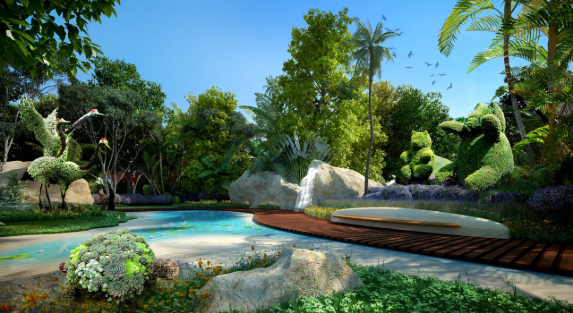
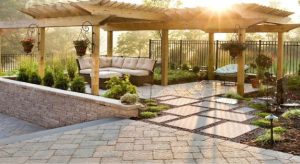
 .
.